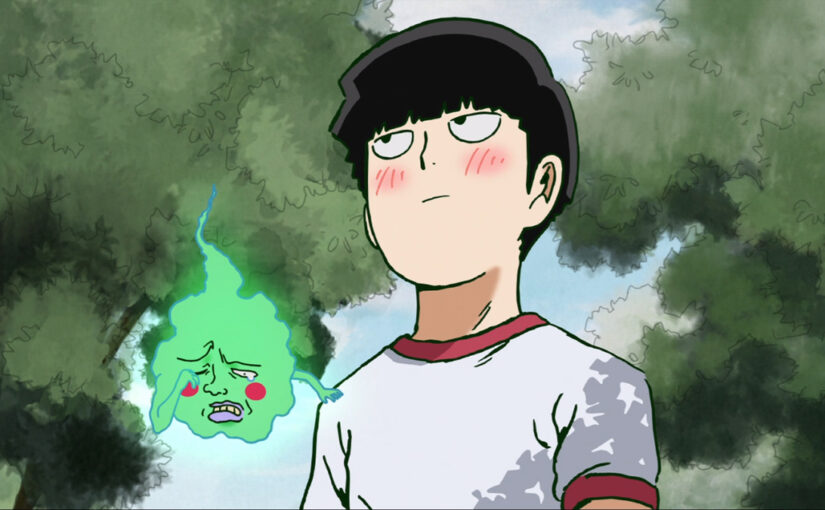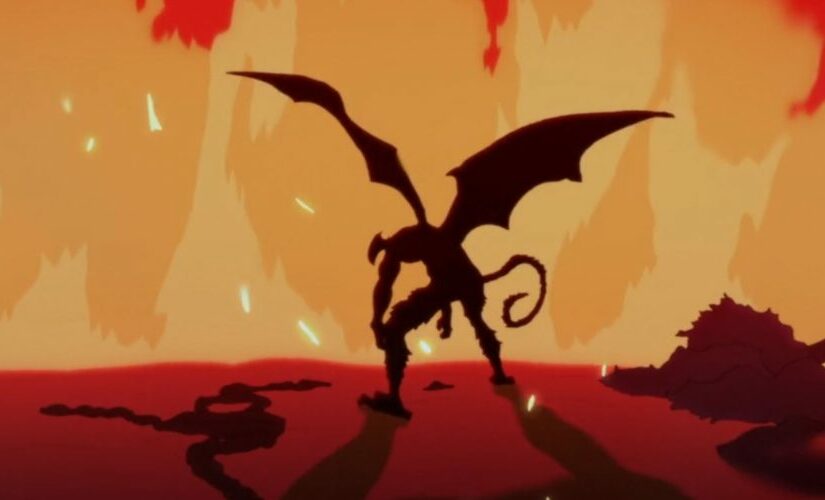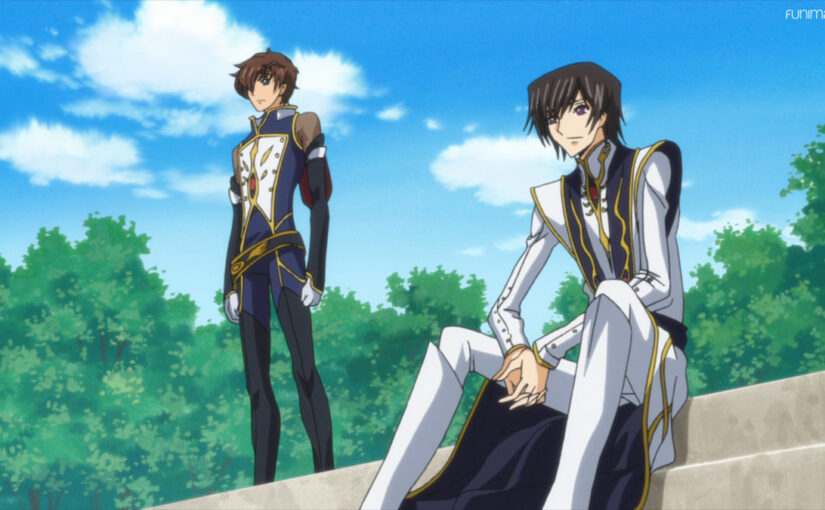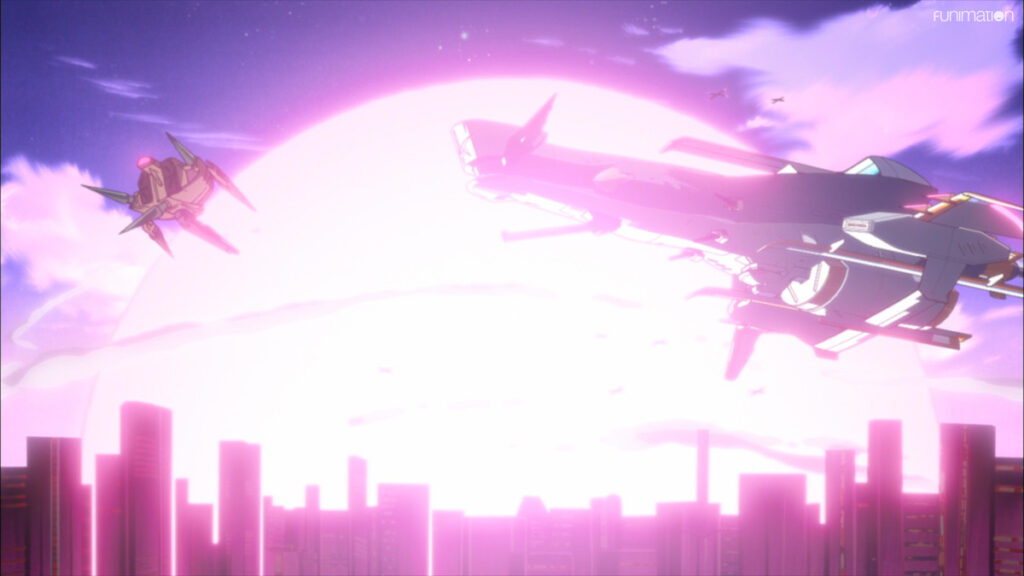In short, Mob Psycho 100 is absolutely amazing, everyone should watch it. This show accomplishes a lot. The animation is simplistic yet beautiful. The story is exciting and well-paced. The characters are well-balanced, relatable, and hilarious.
Mob Psycho 100 explores what it means to live a fulfilled life through a coming of age story. In a decomposition of shounen tropes, the protagonist Mob starts out the show as an all-powerful character. Despite being all-powerful, Mob is not fulfilled. Mob recognizes that his powers can’t solve all of his problems. Rather than relying on his psychic abilities to solve all his problems, Mob seeks activities like the body improvement club to better himself. This all amplifies the message that happiness comes from hard work bringing success. In other words, natural talents can only get you so far in life.
It is common for people in this show that are blessed with psychic abilities to have a serious ego complex and believe that they are the “protagonist of the entire world.” When Mob defeated other Psychics called vespers, he often instilled the message that they are not special and reminds them of their own insignificance. Although we are each the protagonist of our own lives and responsible for our own happiness, we are all but little pieces of society in the grand scope of things.





